Morocco is the perfect example of a modern day melting pot of multiple cultures coexisting peacefully and in harmony. The diversity of Moroccan culture, however, is not a product of recent times; it dates back to many centuries ago with the indigenous Berbers, the arrival of the Phoenicians, the Jews, the Romans, the conquest of the Arabs and finally, the colonization by the Spanish and the French. Each one of these cultures has left behind some of its traces, alongside the still standing Berbers and Arabs. These traces, mixed along with the richness of Moroccan culture, can be clearly seen in the diverse traditions of the country, its cuisine, its architecture, arts and overall everyday life.
Let’s start at the beginning,
It all began around the 11th century BC, when Phoenicians first travelled to Morocco for trade, setting up settlements alongside the indigenous Berbers. This was the country’s first interaction with any outside people or culture, resulting in established trade routes, imported goods and Judaism being introduced in Morocco. Many Jews had actually chose to settle in Morocco back at that time, adapting different Berber dialects depending on the region they were in. Following this came the Romans, who not only settled but ruled the country up until the 5th century AD alongside the local Berber tribes. After Christianity was adopted in Rome, word travelled fast all the way here and many Berbers have then converted to Christianity as well, shaping Morocco to be a hotspot for all sorts of cultures to thrive and coexist back at that time. Nevertheless, it should be mentioned that in some areas and regions, tribes in Morocco have actually not been exposed as much to these changes due to geographic factors (the High Atlas Mountains for example), allowing them to keep their Berber language and their rich heritage intact.
The Arab conquests
Fast forward to the year 682 AD, Arabs came to Morocco for the purpose of spreading their religion, Islam. Since the principles of this new religion were in compliance with Berber beliefs and ideologies, many of them decided to willingly convert to Islam. At this point, 4 religious groups have been living in Morocco peacefully alongside each other, polytheist Berbers, Muslims (Arabs or Berbers), Christians and Jews. This mixture of different cultures and Beliefs made Morocco grow a unique set of traditions inspired from each one of these groups of people. Not to mention that Morocco now had well established trade routes and coastal ports allowing for different people from all across the world to come here for business, creating more contact between Moroccans and the foreign merchants.
The French and the Spanish colonization
A little more than a century later, France and Spain began colonizing multiple parts of Morocco; Spain in the extreme North and the Sahara, while France occupied the middle of the country. Their occupation lasted multiple decades (with remarkable resistance from the part of Moroccans), but officially ended on the 2nd of March 1956. This period of colonization added many new western aspects to the Moroccan culture, enriching the already existing ones. It can be argued that the French left behind the biggest impact on Moroccan culture, which can be seen in social life, language use, school and education system, architecture, everyday habits and more. Today it is normal in Morocco to find signs in pubic written in French, French baked goods in every bakery, local branches of big French brands and the list goes on. This also led to many Europeans (mostly French or Spanish) to settle permanently in Morocco and install businesses, leading to an increase in the Christian population in the country. At this point you can find about 44 churches and 17 synagogues scattered throughout Morocco’s cities.
Today, many aspects of Moroccan culture are a direct result of Morocco’s exposure to all these different influences. These include (but are not limited to): Andalusian, Sufi and other types of music, the implementation of western and Mediterranean elements in Moroccan cuisine, the inspiration for the Moroccan Caftan and more.
Book Your Morocco Tour
Book your Morocco trip with FriendlyMorocco expert team. We have wide selections of tours to choose from. The tours we provide are are well-organized to suit every passenger’s needs. It is also possible to customize your tours. Feel free to contact us to get a quote or for more info!
All of these foreign influences are great and all, but Morocco on its own is also quite the fascinating mixture of cultures and traditions.
Moroccan culture on its own shows extreme and beautiful diversity from the extreme North to the extreme South, varying from one region to another. This is due to the fact that Berbers mostly lived in tribes depending on different regions, therefore each one has formed its own set of traditions, music, clothing, and even language. In fact, there are actually three variations of the Berber language spoken in Morocco, and they go as follows: Tarifit, spoken in the North and Riff mountains, Tachelhit, spoken in the High Atlas Mountains regions, and Tamazight, spoken in the central Middle Atlas Mountains.
Berber arts:
Besides the language, different regions and Berber tribes are known for different kinds of folk music. Their music is often an art form remnant of their ancestors and passed down from generation to generation. Depending on the area, different instruments are used such as drums, flutes, lutes and voices. The music is usually performed in groups, during celebrations like weddings, and it might be accompanied by a captivating ceremonial dance. On your next trip to Morocco, you might be lucky enough to witness one while staying at a Berber village.
Desert nomads culture:
Another important but completely different part of Moroccan culture is the desert culture. A lot of Moroccans living in desert areas still follow the same nomadic or semi-nomadic lifestyle as their ancestors did for centuries. They lead simple lives, built and focused around raising cattle and finding water sources, but with a strong sense of unity and pride. Not only that, but these people, just like the rest of Moroccans, are known for their kindness and hospitality even towards compete strangers. Nomads have their own set of traditions and habits, unique clothes and their own way of celebrating (or mourning). Visiting nomads and learning more about their lifestyle can be easily accessible during a desert tour, on your next trip to Morocco.
Are you planning a trip to Morocco soon? Check out our Morocco Tour Packages below and let us know which one best meet your demands! However, if you would like to create your own itinerary based on your preferences and interests, feel free to contact us and we’ll gladly help you get the best trip itinerary tailored to your requests.
- 9 days tour from Casablanca to Marrakech
- 7 days tour from Casablanca to Marrakech
- 8 days tour from Casablanca to the imperial city
- 15 days tour from Casablanca to Marrakech
- 10 days tour of Morocco from Tangier
- 8 days Morocco Tour from Tangier
- 6 days tour from Tangier to Marrakech
- 3 days desert tour from Fes to Marrakech
- 10 days Morocco itinerary from Fes

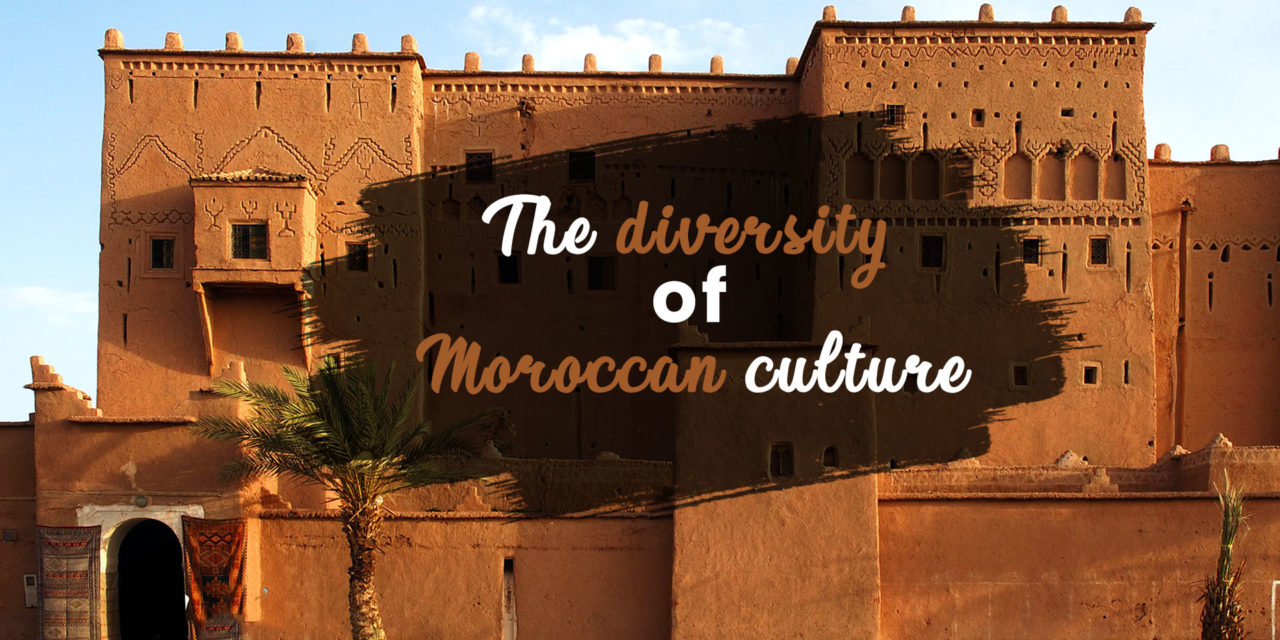

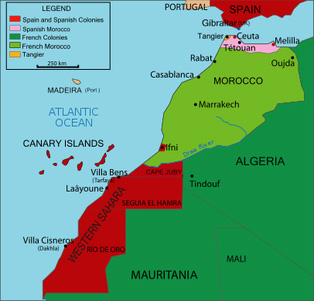
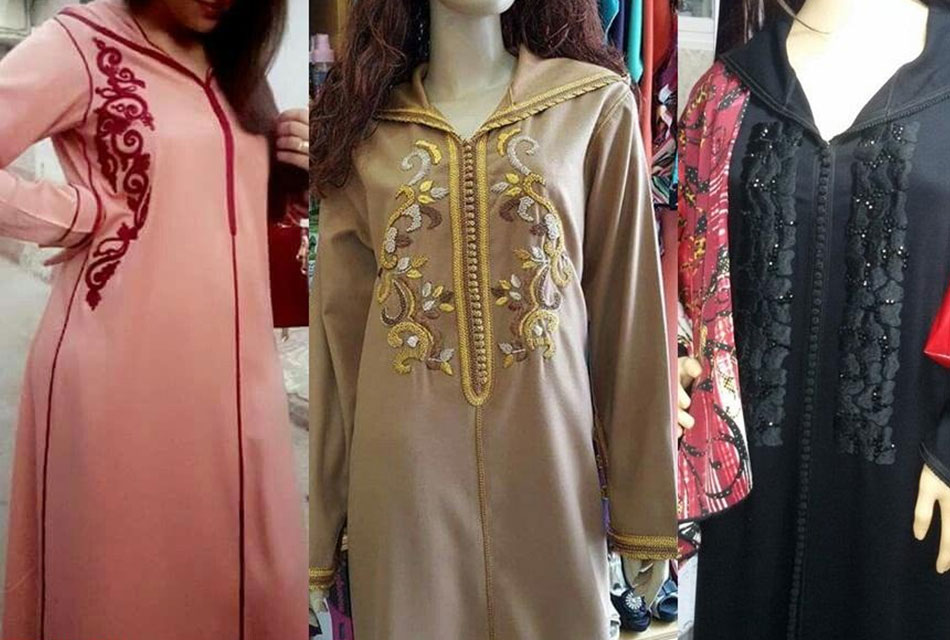
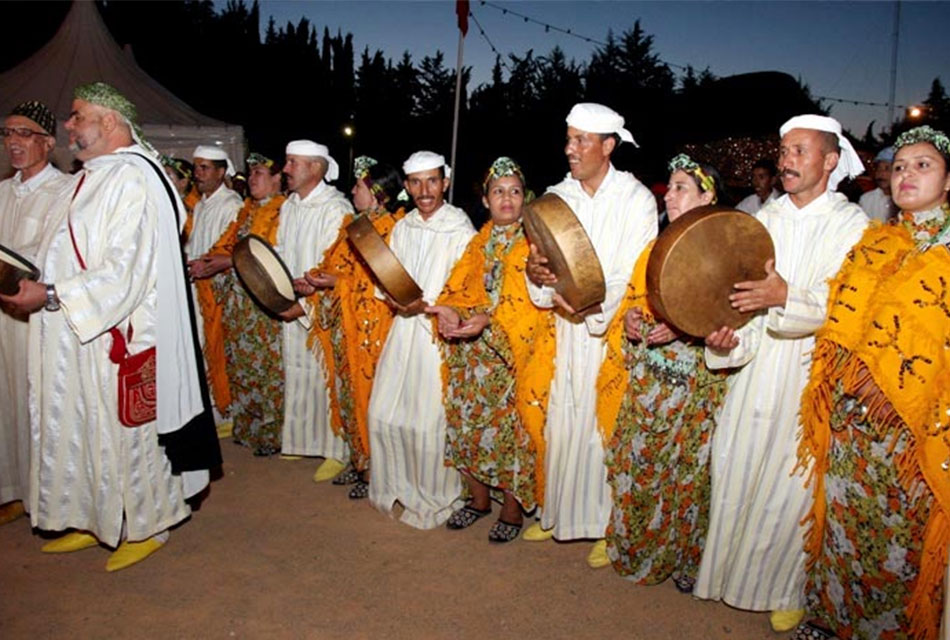
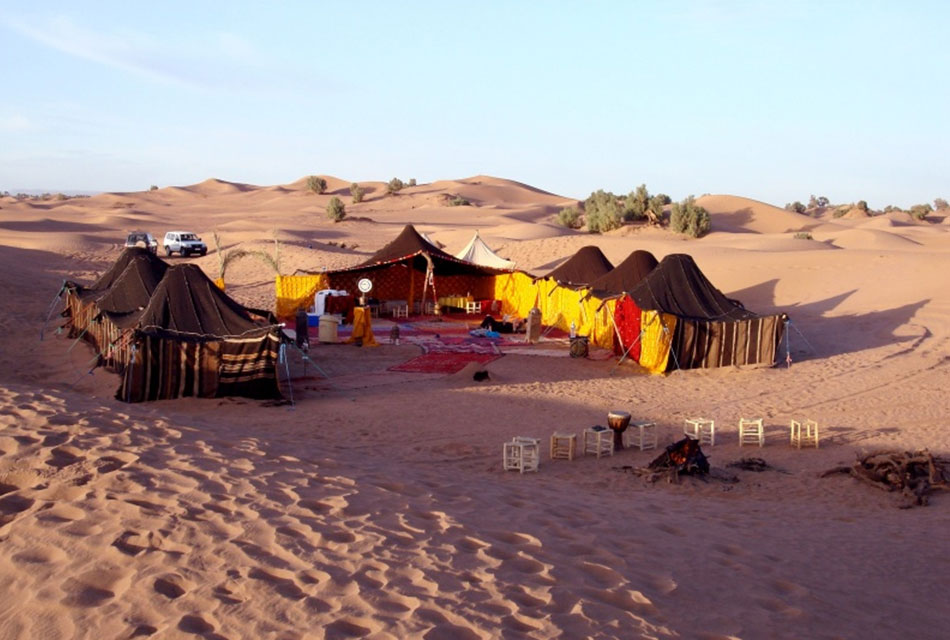
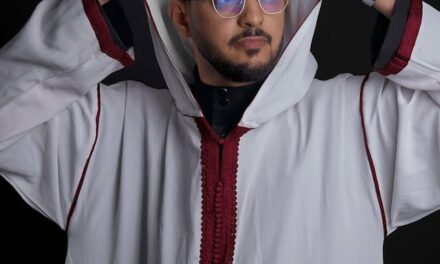
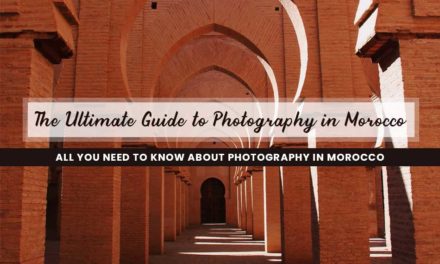
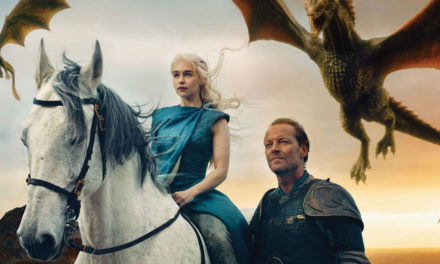
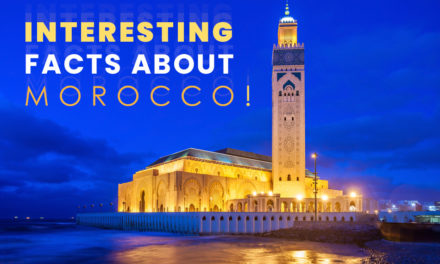

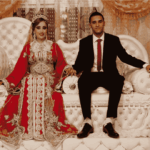
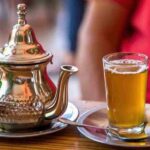


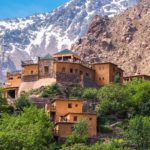
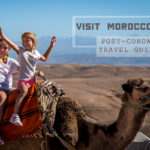
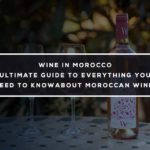
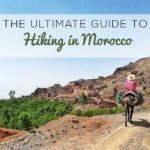
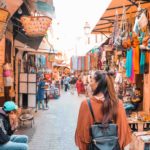
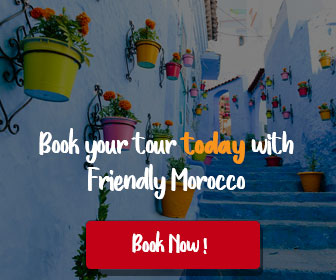

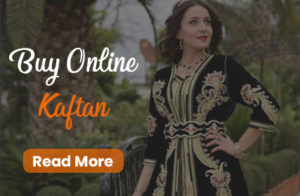
Recent Comments